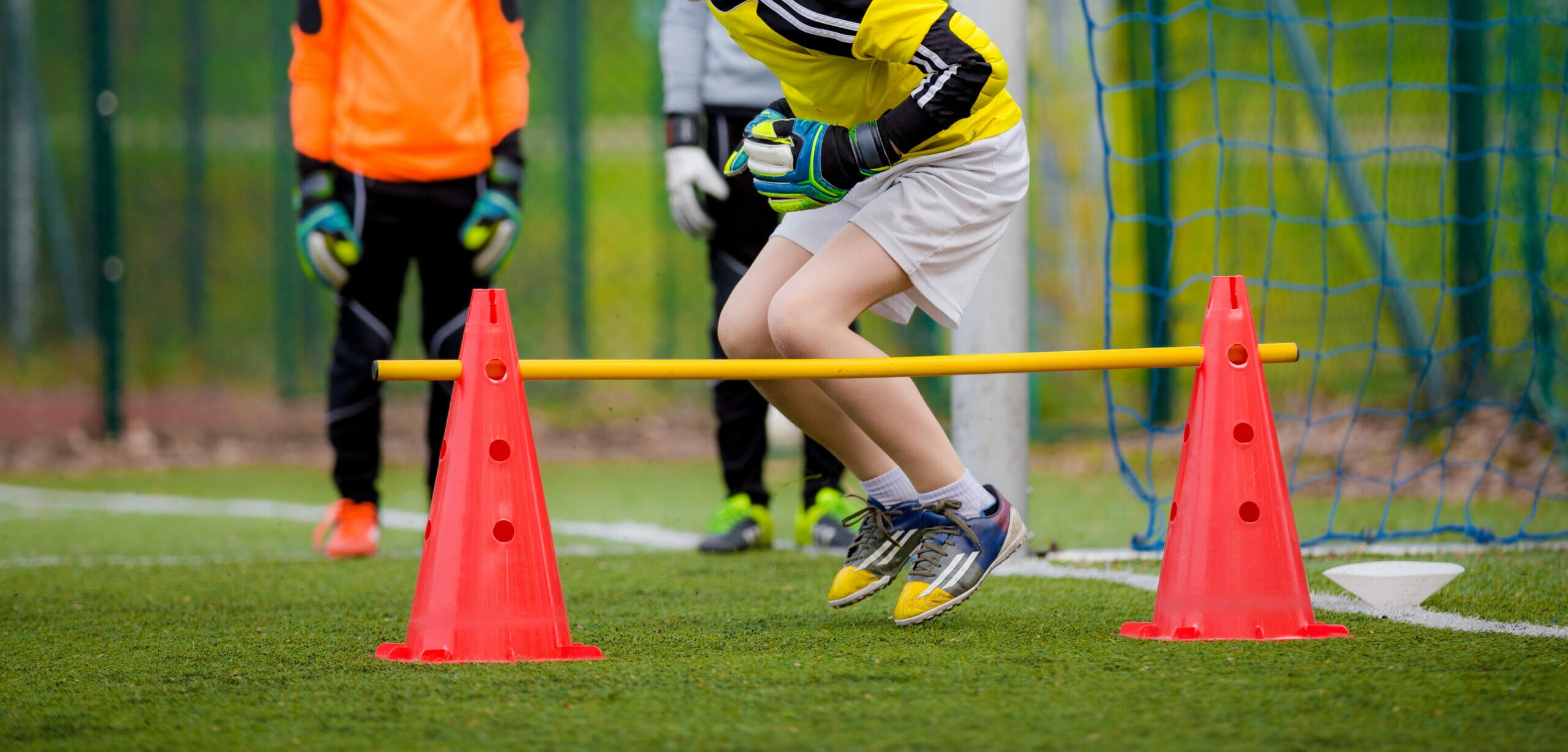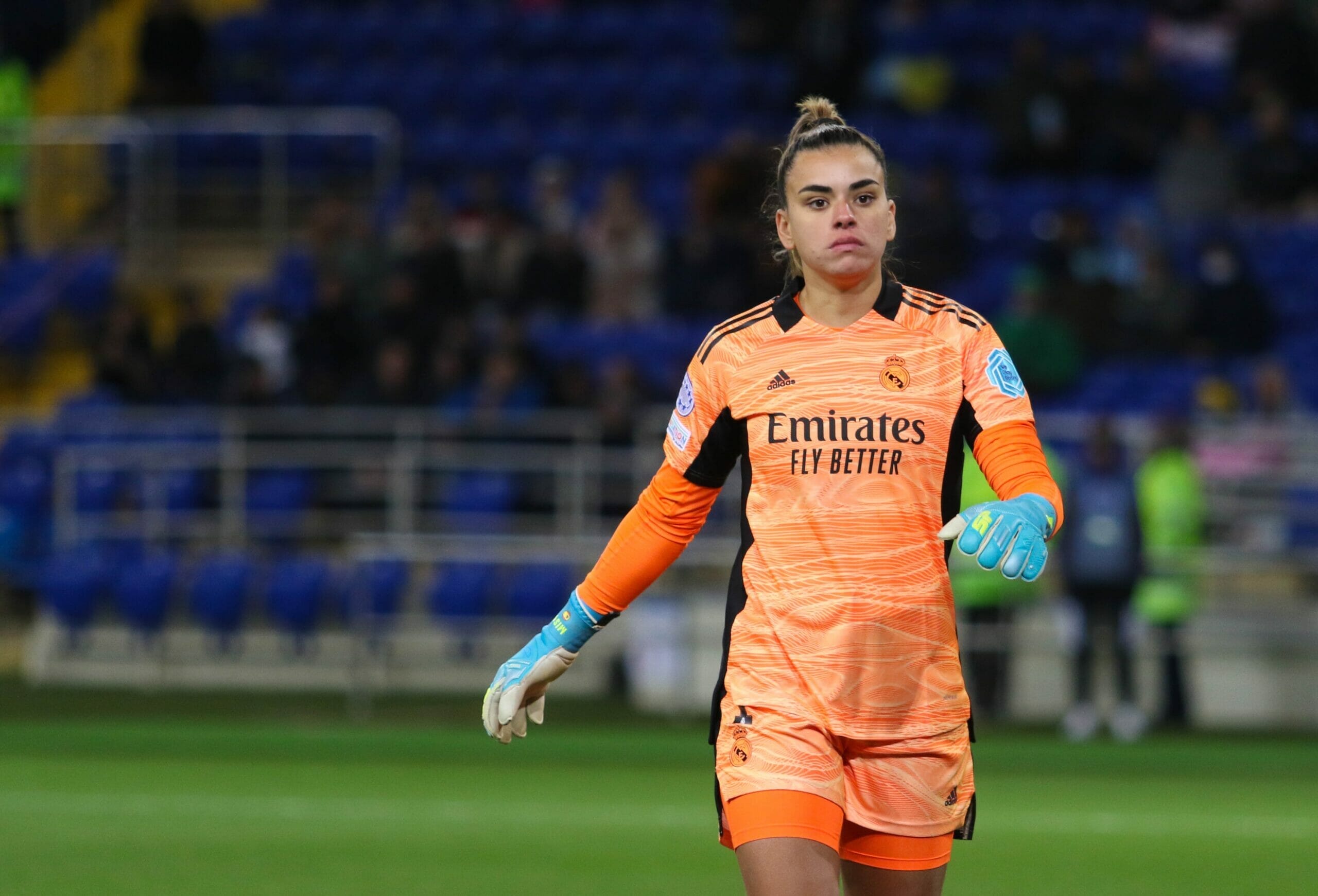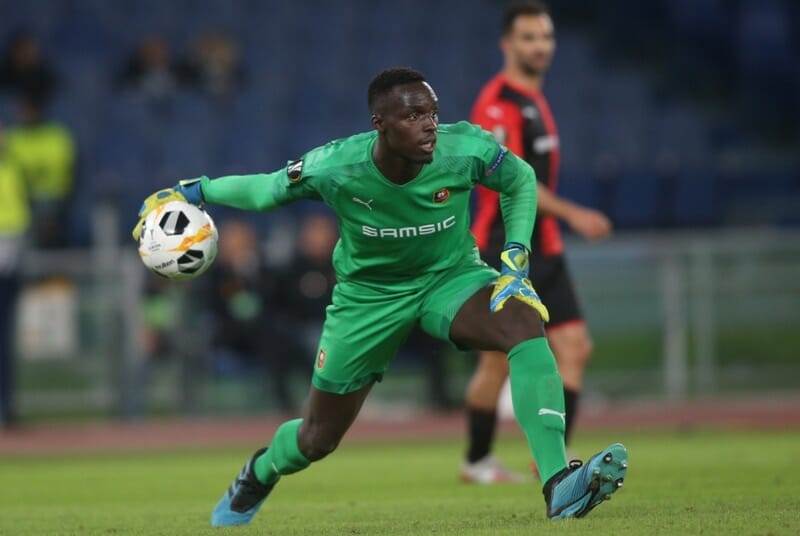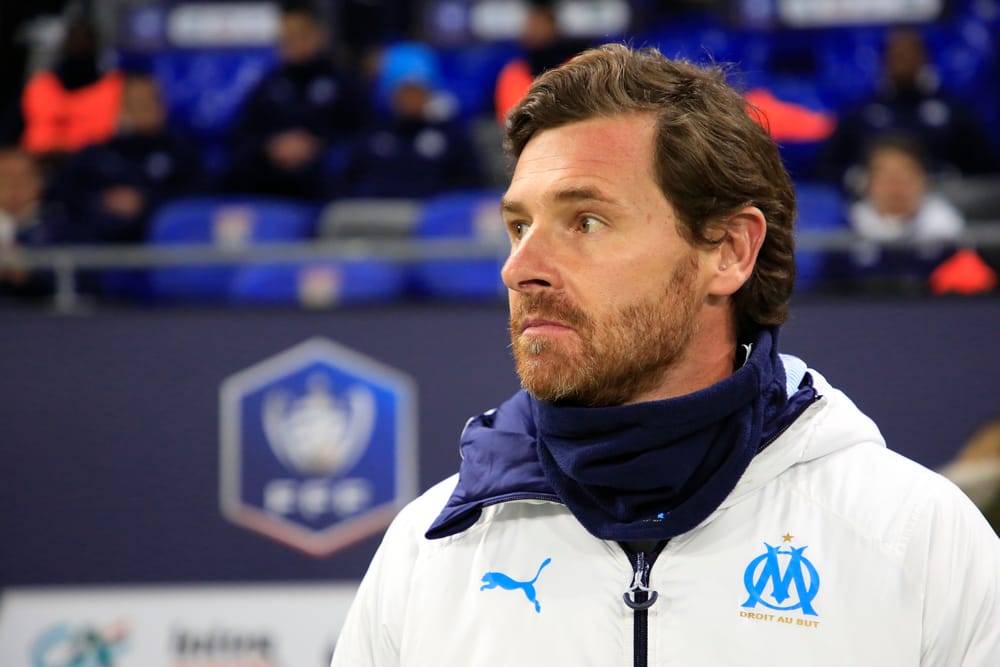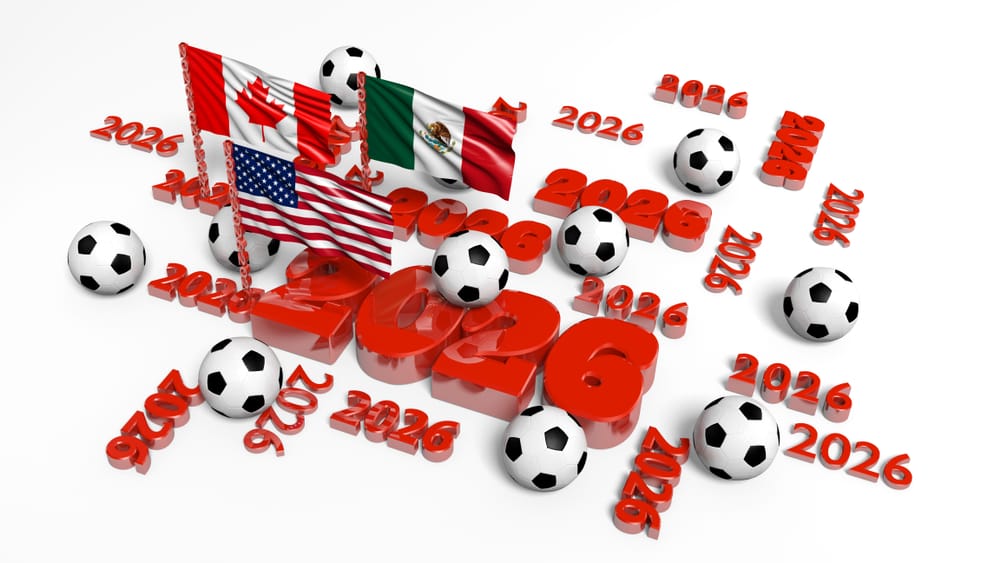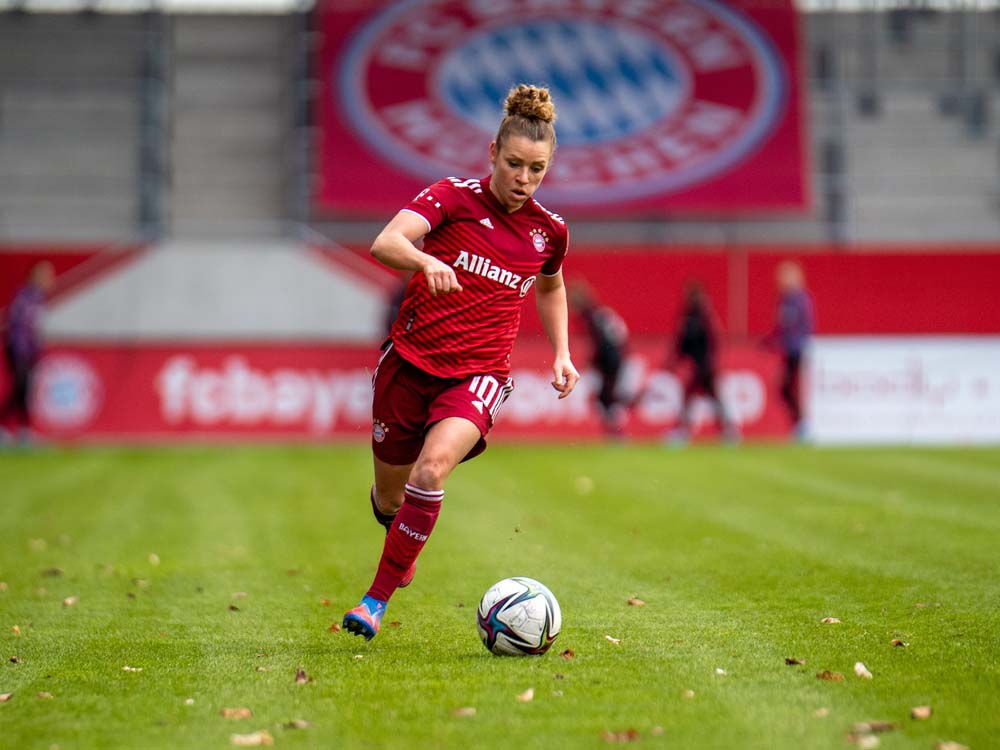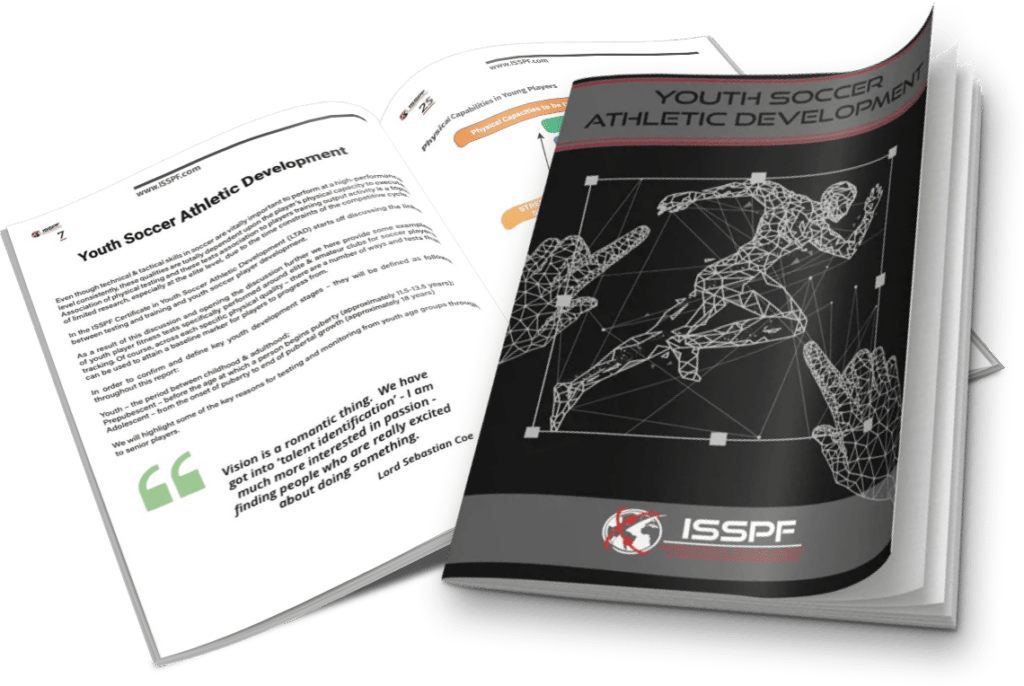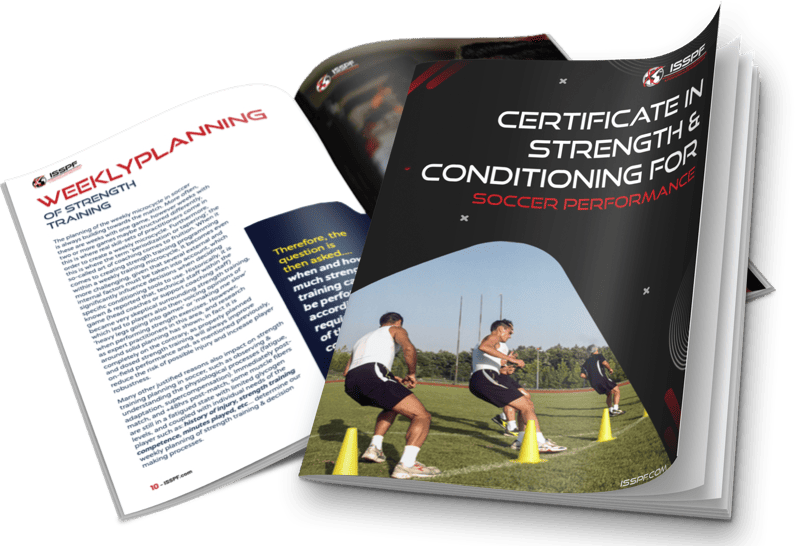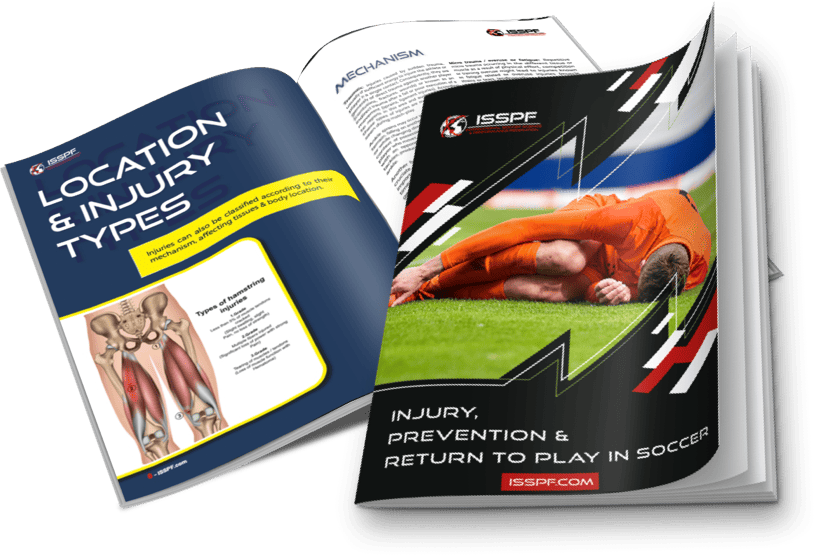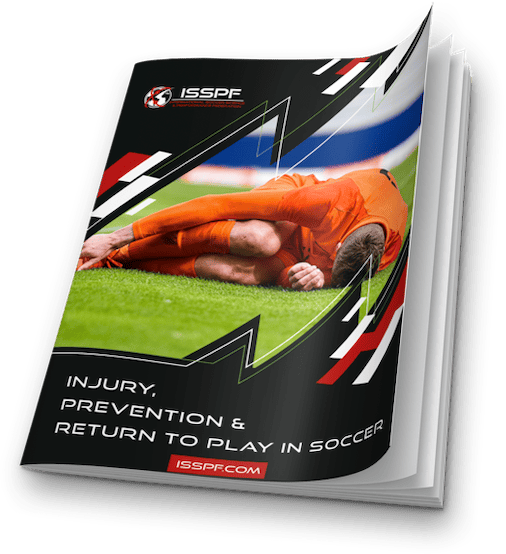Article written by: Miguel Martinez
One of the key focus areas for the development of goalkeepers in recent times has opened up the discussion around the key question…. what really works from a motor learning response for goalkeepers? What works from a coaching standpoint when we are looking at developing goalkeepers from an isolated training perspective? Should us coaches reduce the tried and trusted traditional drills (cones, rope, poles, rings, etc) for a game-centred approach….?
Football is always the reference of the highest order when planning goalkeeper training sessions. Goalkeepers are involved in both moments or functions of football: attacking and defending. Thus, training sessions must include basic actions that can (also transfer to a football context) ultimately improve a goalkeepers football ability in moments of both situations.
Critically analysing empirical approaches to goalkeeper training will allow us to try and prove that a constraint lead approach is the exception to a game – centred approach (and the effects of contextual interference within a game centred approach, GCA). Constraint lead coaching approaches (isolated goalkeeper training) is the exception to football if situations in the game need to be simplified for the players.
The conventional way to learning a new skill has defaulted in recent years into isolated training.
However, research by Merbah & Meulemans, 2011 questioned if learning a new perceptual-motor skill, is preferable to practicing the skill in a repetitive and structured way or, would the skill acquisition be more rapid when the learning conditions are more randomized?
The studies of a constraint lead approach show that a low variability (low contextual interference) is performed when a player completes one variation of movement before another of a slightly different variation as in AAA, BBB, CCC (Merbah & Meulemans, 2011). In contrast, high variability is produced when a player performs actions in an unpredictable order as in ACB, BCA, CAB Merbah & Meulemans, et al 2011.
So what?
Well, studies exploring the contrast between high variability and low variability coaching approaches to goalkeeper training show that, while the random practice conditions leads to poorer performance during acquisition, it shows superior retention tests, otherwise known as the phenomenon ‘contextual interference effect’ (CIE) (Merbah & Meulemans, 2011).
Battig (1966) adopted the term contextual interference effect (Batting, 1979) which emphasized the roles of contextual factors that are internal and external to the task and learner. Furthermore, the entire training context e.g. task, practice schedule, processing engaged with learner. All were seen as potential interference that could enhance or reduce learning Merbah & Meulemans, et al 2011.
So, high variability in a Game Centred Approach (GCA) when learning a motor skill can reduce acquisition in the learning process (Merbah & Meulemans, et al 2011). So, when GCA becomes too difficult to perform tasks related to football, the exception would be to guide a player through a CLA in order to increase the learning of a given task (catching, falling, kicking, etc).
Is this method enabled in a first-team or reserve team environment? Can this methodology still be true for a goalkeeper who is 23 or 35? We, as coaches, would have to critically evaluate this theory to falsify our thinking to create new objective knowledge. Ultimately improving football actions to improve a goalkeeper.
What Do Coaches Look for in a Goalkeeper?
Furthermore, the professionalisation of
the GK coaching role, has now increased the requirements of the goalkeeper coach.
As a result, these coaching requirements have advanced how the top level coaches think
about the role, as well as now having a greater understanding of all positional specific
elements of the science surrounding the role of the GK.
All GK specific coaching, & outfield technical & performance coaches now embrace an enhanced GK specific knowledge across psychology, nutritional needs & necessities, bespoke
positional strength, conditioning & injury prevention techniques of the GK as well as linking
their teams tactical strategy to their training content & through detailed analysis.
Keen to find out more?
The Professional Masters Certificate in Goalkeeper Coaching Science provides the latest training methods and strategies for helping coaches prepare, train and develop their goalkeepers.
This course is developed and structured for all individuals with an interest in developing their knowledge around the key performance area of goalkeeping, physical training, and the sporting methodology approach to team sports.
Join Our Goalkeeping Coaching Science Course
The link below will take you to the hugely popular & expertly designed ISSPF University endorsed, quality assured & accredited Professional Masters Certificate in Goalkeeping Coaching Science (Senior Pro Level) online course.
This course has been described as one of the best online courses for further developing & adding to football coaching qualifications, where you will be exposed to goalkeeping specific football coaching research and practical examples used within the game by high level professionals.
Share this article:
